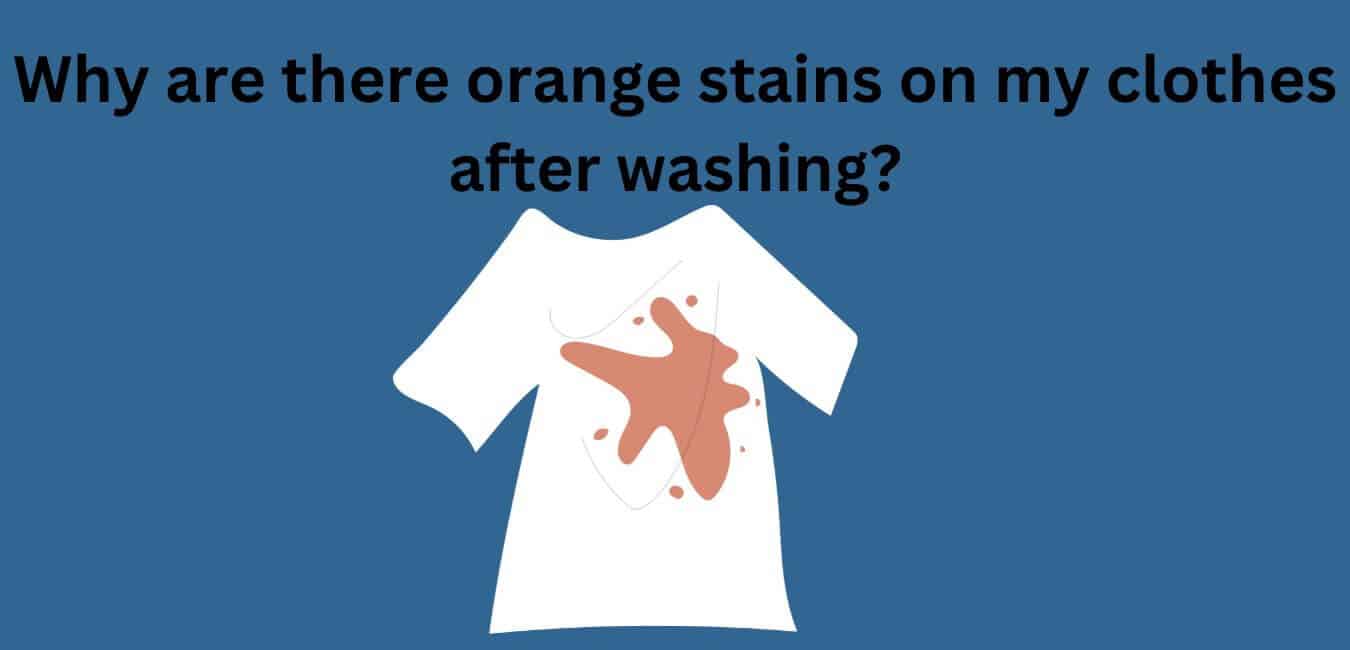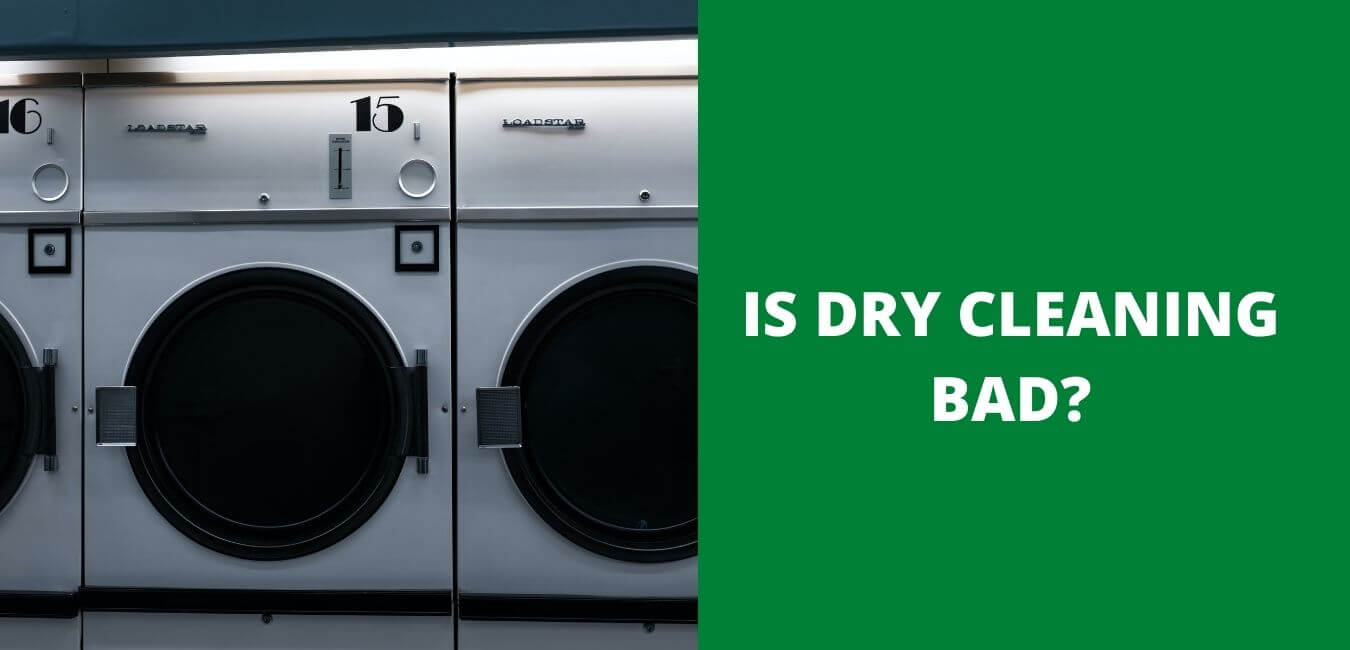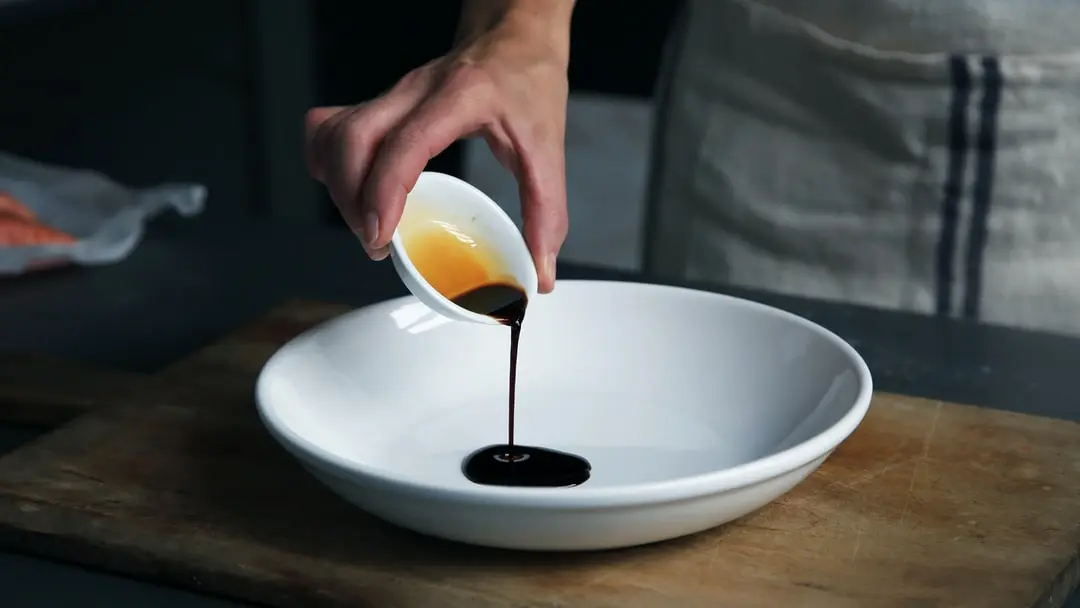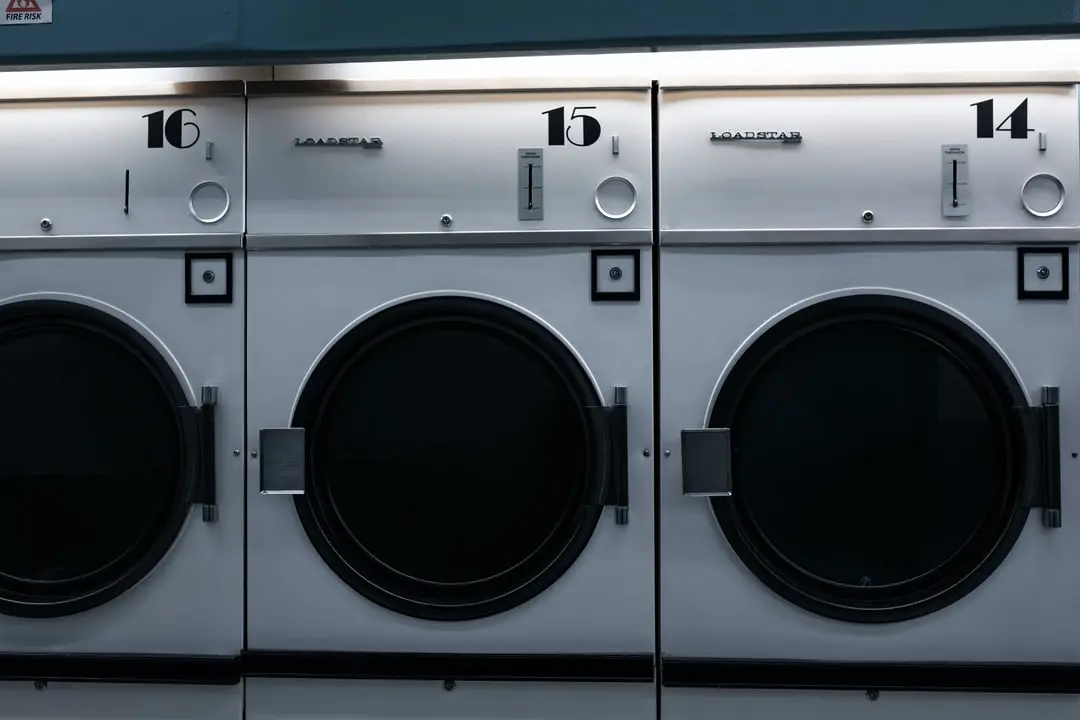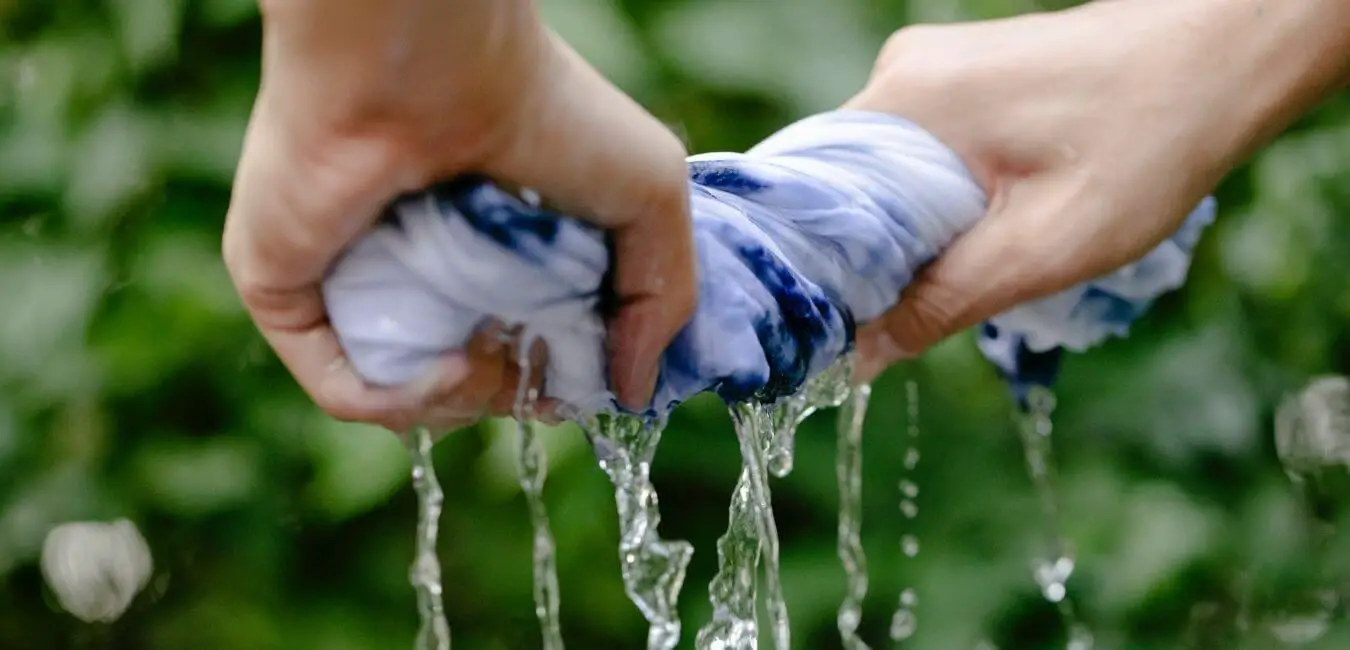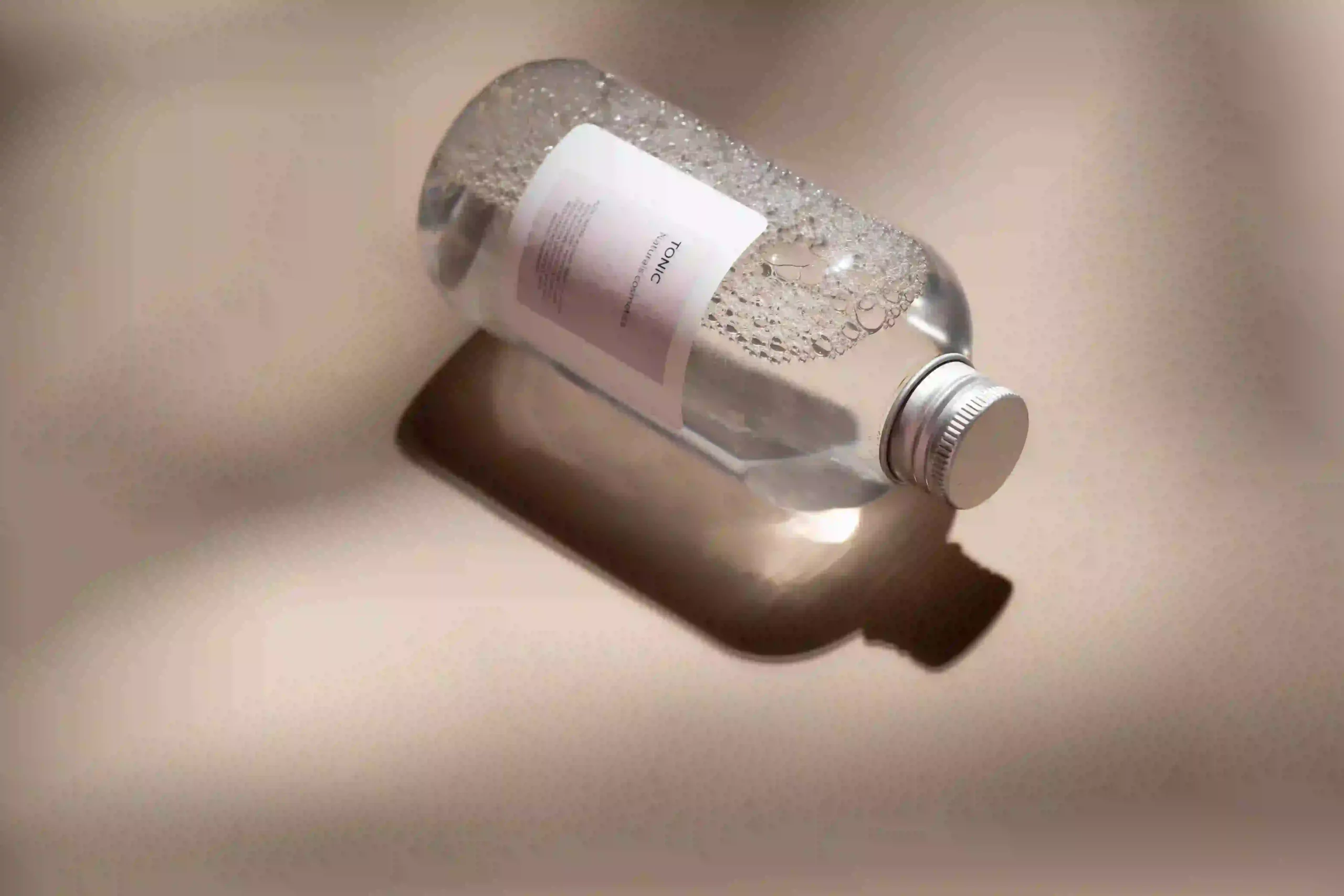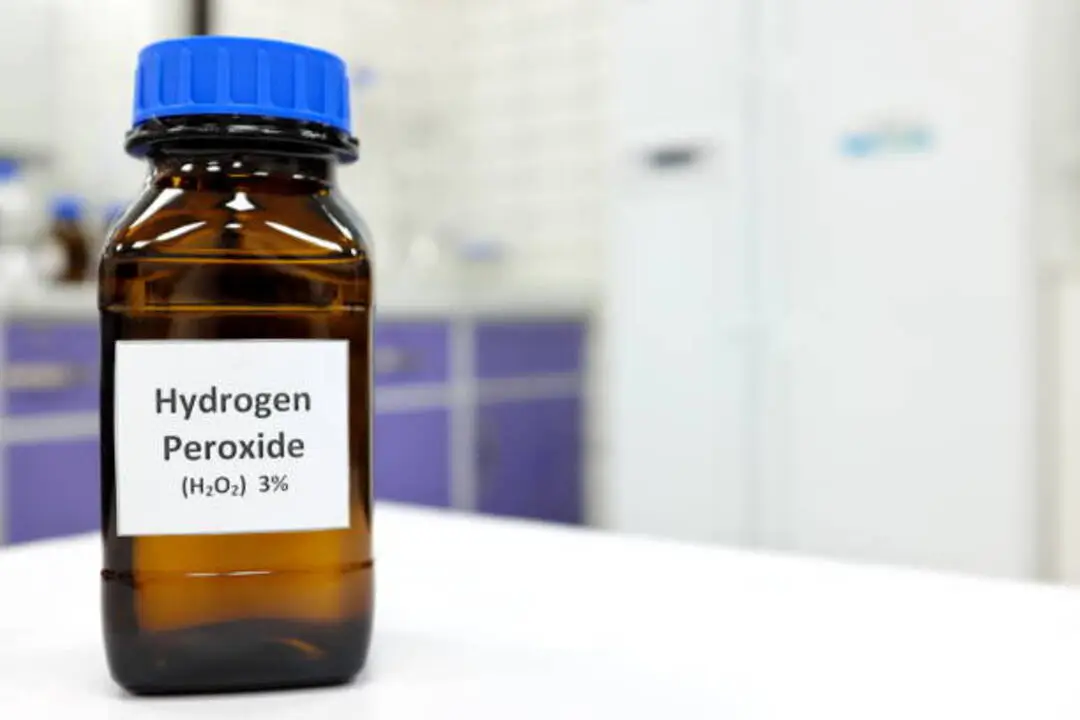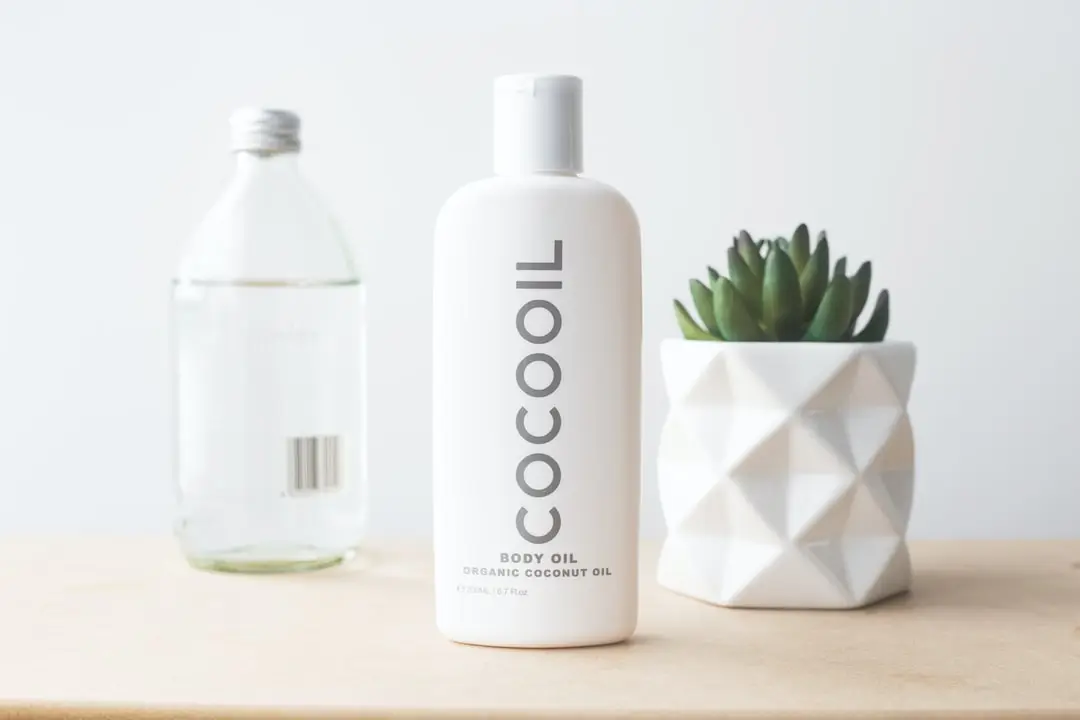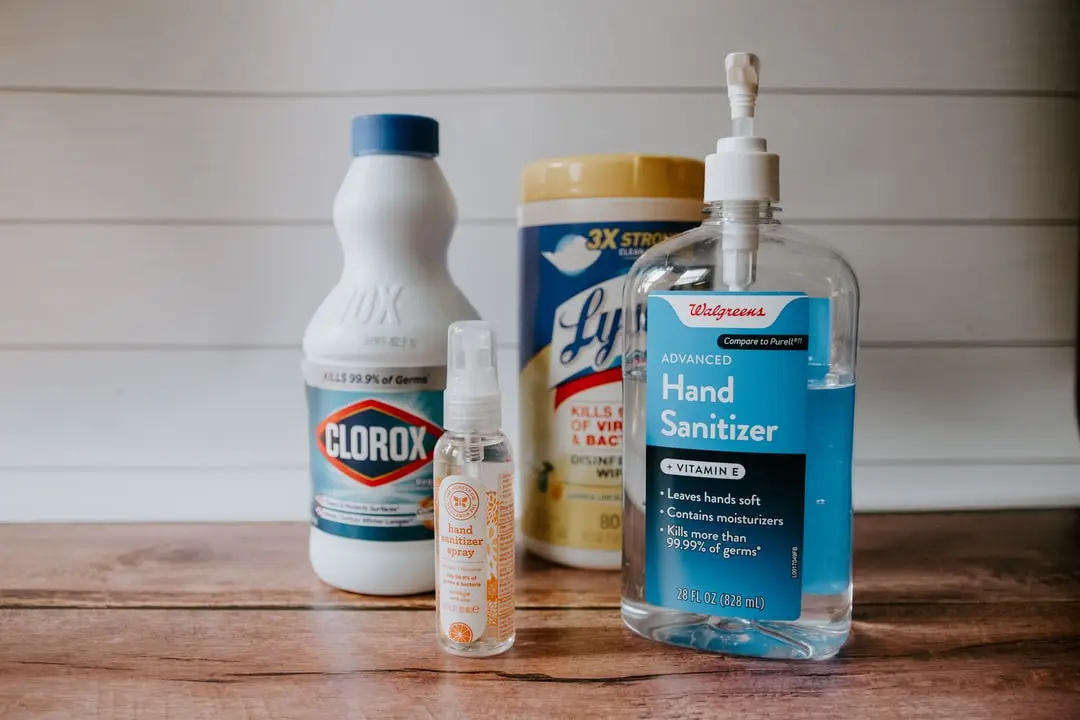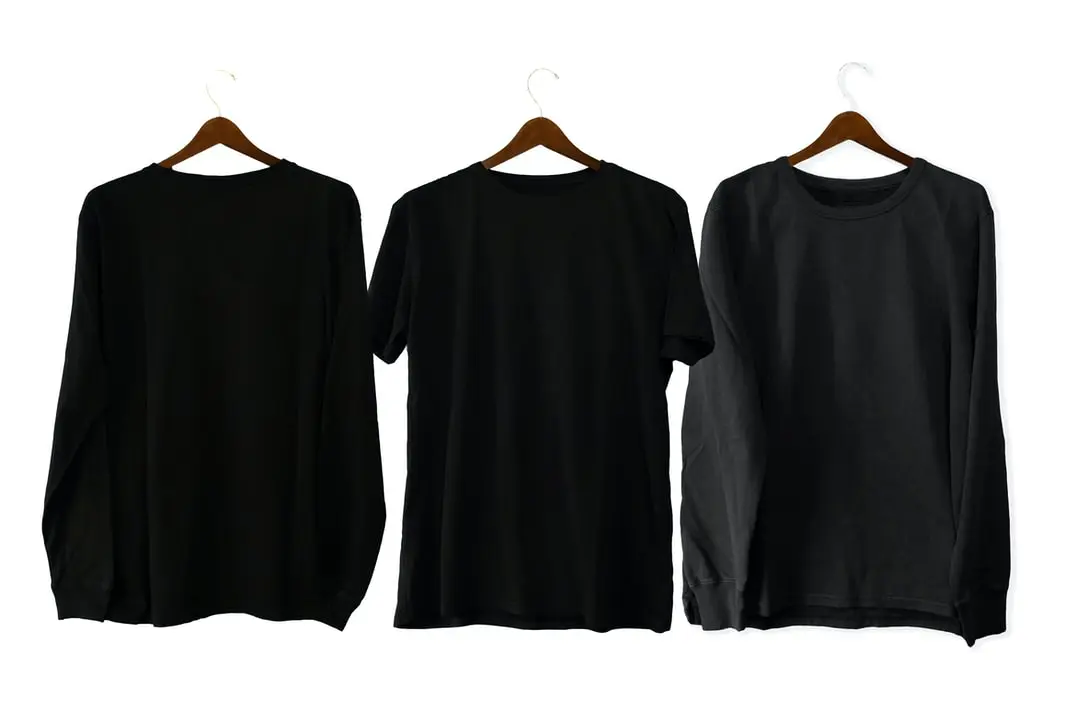It’s laundry day, and you’ve just finished washing a fresh load of clothes. You sift through the damp fabric, eagerly waiting to wear your favorite outfit when suddenly, you spot them.
Mysterious orange stains have found their way onto your pristine garments, and you can’t help but wonder what could have caused this unfortunate fate. Do not fret, as you are not alone in this battle against the bewildering world of laundry.
Many of us have faced the perplexing presence of these uninvited orange blotches, questioning our washing techniques and the effectiveness of our laundry detergents.
To shed some light on this dilemma, we have compiled a list of 11 possible reasons why these stubborn stains may be haunting your once-spotless wardrobe.
Read on to discover the culprits behind this colorful mishap and prevent these unsightly marks from crashing your clothing party ever again.
Why There Are Orange Stains On Your Clothes After Washing

1. Overusing detergent or using too much fabric softener
Overusing detergent or using too much fabric softener can contribute to the appearance of orange stains on clothes after washing. It might seem counterintuitive, but using excessive amounts of detergent can prevent the removal of dirt and grime during the wash cycle. Instead of being washed away, a buildup of detergent residue can attract dirt, leading to dingy and discolored clothes.
Similarly, using too much fabric softener can cause uneven distribution across your laundry, leading to concentrated spots of orange residue on your garments.
To avoid this, it is important to measure the correct amount of detergent and fabric softener according to the manufacturer’s recommendations. Also, consider using liquid fabric softener as it disperses more evenly compared to dryer sheets.
Additionally, be mindful not to overload your washing machine, as overstuffing reduces the ability of water and detergent to reach all of your clothes. To keep your clothes looking fresh and clean, adopt these best practices to prevent and eliminate pesky orange stains from your clothes after washing.
2. Using old or expired detergent
Another reason why you might be noticing orange stains on your clothes after washing could be due to using old or expired detergent. Over time, the effectiveness of laundry detergent decreases, and it may not properly dissolve in water during the wash cycle. As a result, the residue left behind can stick to your clothes, causing unsightly orange stains.
To avoid this issue, it is essential to check the expiration date of your detergent before using it. An expired detergent may not only lead to staining but could also compromise the cleanliness of your laundry. Keep in mind that storing detergent in a cool, dry, and dark place can help prolong its shelf life.
Additionally, consider opting for a high-quality laundry detergent, as it might offer better stain-fighting properties than cheaper alternatives.
Therefore, if you suspect that old or expired detergent is causing the orange stains on your clothes, make sure to replace it with a fresh product and follow proper storage guidelines. By doing so, you can help ensure that your washing process remains efficient, protecting your clothes from unwanted staining.
3. Using hard water for laundry
Hard water is a common issue faced by many households, especially in regions where the water supply contains high levels of calcium and magnesium. Using hard water for laundry can cause various problems such as dinginess, graying or yellowing of fabrics, stiff fabrics, and residue that dulls the colors of your clothes.
According to experts, around 85% of America has hard water, making it essential to understand how to manage laundry problems caused by it.
To effectively clean clothes in hard water, it is recommended to use liquid laundry detergents as they contain non-ionic surfactants that resist water hardness. Using more detergent, around 30% more, or washing at higher temperatures than usual can improve laundry outcomes, though these options can be more expensive and may cause damage to some fabrics.
Adding laundry borax or non-precipitating ion-exchange water conditioners can help soften the water and improve cleaning efficiency. Ultimately, finding the right balance of detergent, additives, and water temperature is key to ensuring your clothes stay clean and vibrant when using hard water for laundry.
4. Not sorting clothes properly
One of the reasons for orange stains on clothes after washing could be due to improper sorting of laundry. Sorting laundry is not just about separating whites from colors, it is also important to consider the fabrics, level of dirtiness, and even the presence of rust-prone metal objects or materials.
If clothes with metal parts (such as buttons or zippers) are washed together with light-colored or delicate clothes, the rust from the metal parts can easily transfer and cause orange stains on the laundry. To avoid this issue, always make sure to sort your clothes not only by color but also by fabric type and the presence of any rust-prone metal objects.
Also, if you’ve had rust issues before, it is a good idea to wash your clothes with metal parts separately from the rest of your laundry. By taking these precautions, you can effectively prevent the appearance of orange stains on your clothes after washing and keep them looking fresh and clean.
5. Not removing all stains before washing
One common reason for orange stains on clothes after washing is not adequately treating and removing all stains before putting them in the washing machine.
When clothes with existing spills, grease, or other debris are washed, these substances can mix with detergents and water, causing orange or brown stains on the fabric. Additionally, if the washing machine is not thoroughly cleaned and maintained, it may also contribute to stain formation.
To prevent such stains, it is essential to inspect your clothes for any traces of dirt, food, or other particles before washing them. Use pre-treatment solutions or stain removers to tackle these issues, and make sure to follow the appropriate washing instructions for each type of fabric.
Additionally, regularly clean and maintain your washing machine, including the drum, filters, and washing agent dispensers, to ensure optimal performance and prevent any unwanted stains on your clothes.
6. Not washing clothes frequently enough
One common reason for orange stains on clothes after washing could be that you’re not washing them frequently enough.
When clothes are left unwashed for extended periods, dirt, sweat, and various bodily fluids can accumulate on the fabric, resulting in a buildup of bacteria that can cause various discolorations, including orange stains. In addition, certain fabrics, such as synthetic fibers, may be more prone to staining due to their tendency to retain dirt and sweat.
To prevent this issue, it’s essential to wash your clothes regularly, following the recommended washing frequency for each type of garment. This not only helps keep your clothes looking fresh and clean but also reduces the chances of harmful bacterial growth and unpleasant odors.
When washing your clothes, make sure to use the appropriate detergent and water temperature, as well as follow any specific care instructions for the fabric. By doing so, you can minimize the risk of orange stains appearing on your clothes after washing and keep your wardrobe looking its best.
7. Using bleach or other harsh chemicals
One of the lesser-known reasons for orange stains on clothes after washing is the use of bleach or harsh chemicals. While these products are effective in cleaning and stain removal, they can also cause unintended consequences. Bleach, in particular, contains sodium hypochlorite, an oxidizer that can react with iron particles in water or on clothing, leading to the formation of orange rust stains.
To avoid this issue, it’s best to use mild, color-safe detergents and fabric softeners when washing your clothes. Additionally, it’s important to follow the care label instructions on your garments and avoid using bleach or other harsh chemicals unless absolutely necessary.
If you have hard water with high iron content, consider investing in a water softener or filtration system to reduce the risk of rust stains. By adopting these precautious measures, you can ensure your clothes remain vibrant and stain-free, maintaining their quality and longevity.
8. Using low-quality laundry detergent
Another culprit behind those annoying orange stains on your clothes after washing could be the use of low-quality laundry detergent. While it might be tempting to save some money by purchasing cheaper detergent, this can actually cost you more in the long run due to the damage and staining it may cause your clothes.
A low-quality detergent may contain harsh chemicals that react with minerals in the water, such as iron and calcium, leading to the formation of orange rust stains on your garments.
Additionally, these lower-end detergents may not have the same cleaning power as their higher-quality counterparts, leaving your clothes more vulnerable to discoloration and staining. To avoid these issues, it is best to invest in a reputable and trustworthy brand of laundry detergent.
By doing so, not only will you protect your clothes from unwanted orange stains, but you will also experience better cleaning results, ensuring your garments stay looking fresh and vibrant for much longer.
9. Not washing new clothes before wearing
Many people excitedly wear their new clothes without washing them first, unaware that this habit can potentially cause orange stains on the garments. Here’s why not washing new clothes before wearing them may result in unexpected staining:
1. Dyes: New clothes often contain excess dye that may not be colorfast. These dyes can rub off onto other clothes during the first few washes, resulting in orange stains.
2. Washing with other garments: If you wear your new, unwashed garment and then toss it into the wash with other items, the excess dye may transfer to the other clothes, leaving stains.
3. Sweat and skin oils: Wearing the clothes before washing them means that they come into direct contact with your sweat and skin oils. These substances can react with dyes and other chemicals in the fabric, further increasing the risk of staining.
4. Contact with metal: New clothes often contain metal accessories such as buttons and zippers that can rust over time. If you wear the clothes without washing them, any moisture or sweat can accelerate the rusting process, leading to orange stains.
5. Chemicals: The manufacturing process of new clothes involves various chemicals, such as sizing agents, that help improve the look and feel of the fabric. These chemicals can cause staining if not removed through washing.
6. Storage: During storage and transportation, new clothes may come into contact with dust, dirt, and other substances that can result in staining.
7. Manufacturing residue: It is possible that residues from the manufacturing process, such as oils and dust, remain on the clothing even after production. Washing the clothes before wearing them can help remove these residues and prevent stains.
8. Water quality: If you have iron-rich water, the excess iron in the water can react with dyes or other substances in the fabric, resulting in orange stains when you wash your new clothes.
9. Cross-contamination: If your new clothes are in contact with other stained clothes in your wardrobe, the stains may transfer and cause orange staining on the new garments.
It is essential to wash your new clothes before wearing them to avoid unexpected orange stains. Washing the clothes not only removes excess dye but also eliminates any harmful chemicals and other substances that may have been present during the manufacturing process.
10. Rust in the washing machine
One of the most common reasons for mysterious orange stains on clothes after washing is rust in the washing machine. Over time, the metal parts inside the machine can corrode and release rust particles, which can then transfer to the clothes, especially if they are left inside the washer for an extended period. Additionally, using bleach should be avoided as it can further oxidize iron and make the rust stains worse.
To solve this issue, start by inspecting the interior of your washing machine, paying particular attention to the drain holes and the drum. If you notice signs of rust, it may be necessary to replace the appliance.
Alternatively, you can also test your water for iron oxide and install a water softening or filtration system to eliminate iron from your water supply. Ensuring your washing machine is well-maintained and using proper measures to prevent rust can help keep your clothes stain-free and looking fresh.
11. Mold or mildew in the washing machine
One common reason behind the annoying orange stains on your clothes after washing could be the presence of mold or mildew in your washing machine.
These fungi thrive in damp, dark environments and can leave unsightly orange, brown, or gray stains on your garments. A mold-infested washer not only mars the appearance of your clothes but can also trigger allergies and respiratory issues for some individuals.
To eliminate mold and mildew from your washing machine, make sure you leave the door open to air out the machine after every wash. Regularly clean the detergent dispensers, rubber seals, and other hidden areas where mold might accumulate.
Running a hot, empty wash cycle with a mix of white vinegar and baking soda can also help eliminate these pesky fungi, ensuring your clothes come out stain-free and fresh.
To maintain a mold-free washer, follow these cleaning steps periodically to prevent the recurrence of the orange stains on your laundry.
7 Factors to consider when removing orange stains from clothes after washing

1. Type of Fabric: Different fabrics require different treatment methods. While some fabrics may tolerate harsh cleaning agents, others require gentle treatment.
2. Stain Severity: The severity of the stain requires a different type of treatment. Stronger stains may require more aggressive cleaning agents.
3. Type of Orange Stain: Identifying the type of orange stain is important for choosing the right treatment method. Natural orange stains like fruit juice stains will require a different approach than synthetic stains like orange food coloring.
4. Age of the Stain: It’s generally easier to remove stains that have appeared more recently. It is always best to treat the stain as soon as possible.
5. Water Temperature: Water temperature is a key factor when removing orange stains. Hot water may set the stain in, while cold water may not be effective enough to remove the stain.
6. Cleaning Agents: Different cleaning agents work differently against stains, so picking the right one is important. Bleach may be effective for some stains, while vinegar or lemon juice may work better on others.
7. Washing Machine Capability: Not all washing machines are capable of effectively removing orange stains. High-powered machines may offer more effective cleaning.
Step-by-Step Guide to Removing Orange Stains on Your Clothes After Washing

Step 1: Determine the source of the rust
Before you can effectively remove the orange stains on your clothes, it’s essential to locate the source of the rust. Check your washing machine for rusting parts such as the drum or water supply. Also, consider testing your water supply for rust particles by using a water test kit.
Step 2: Use a rust-removing product
Dampen the area with plain water and spray the rust-remover product directly onto the affected area. Let the product sit for a few minutes, allowing it to dissolve the rust stain until the stain completely disappears.
Step 3: Rinse the garment with plain water
Once the orange stain has disappeared, rinse the garment under running water to remove any remaining rust remover product.
Step 4: Wash the garment
After rinsing, wash the garment in a regular cycle with detergent and avoid using bleach. Skip the dryer and let the garment air-dry.
Step 5: Prevent future stains
To prevent future orange stains on your clothes, consider treating the rusted component of your washing machine with a rust-resistant primer or replacing rusted pipes with new ones. Additionally, invest in a water softening system or water filtration system, depending on the iron level in your water supply.
Removing orange stains from your clothes after washing is simple and easy to do. Just follow these five easy steps, and you’ll have stain-free clothes in no time.
Conclusion and final thoughts
There are various reasons why your clothes may have orange stains after washing. These include rust from foreign metal objects or your washing machine’s components, iron oxide in the water supply, rusty pipes, overloading the washer, a sluggish water pump, moldy gaskets, unevenly dispersed fabric softener, and a broken drive belt.
To solve these issues, make sure to check and remove any foreign objects, clean and maintain your washing machine regularly, avoid overloading, use proper amounts of fabric softener, replace worn-out components, and even consider installing a water filtration system if required.
By addressing these underlying causes and taking preventative measures, you can ensure that your clothes come out of the wash looking clean and stain-free. Remember, a well-maintained and functioning washing machine is crucial for keeping your clothes looking their best.
